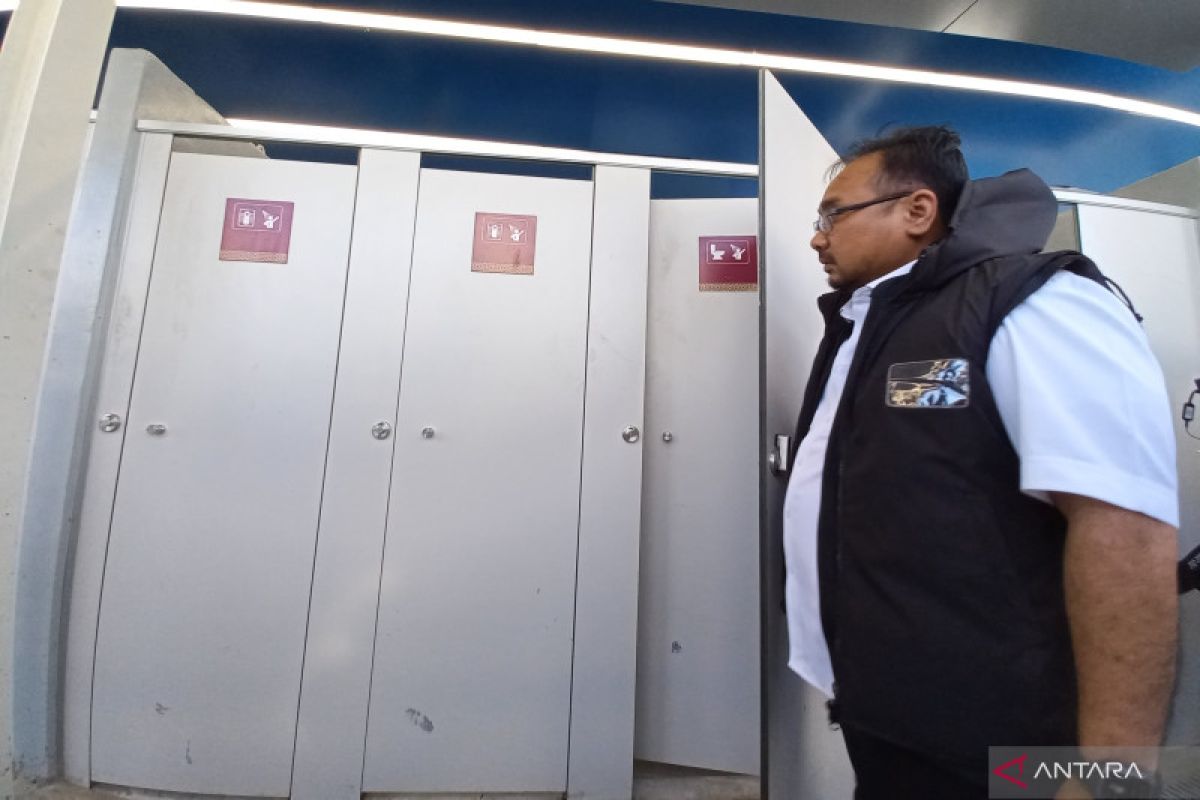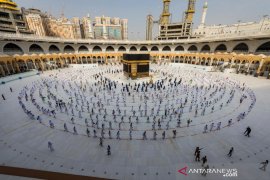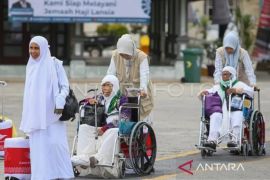"They have proven useful. Yesterday, I tried to wear a cooling vest, and the difference was significant when I took it off," he remarked in Arafat on Friday.
The vests have been quite effective in helping pilgrims suffering from heatstroke caused by Saudi Arabia's hot weather. The average temperature in the country is currently touching 40–46 degrees Celsius.
Qoumas said that he has spoken with the developer of the cooling vests, which is an innovation from the Ministry of Health, so that similar vests can be mass-produced for the Hajj pilgrimage in the coming years.
"Moreover, when I met the Saudi minister, he said that the hot weather more or less will still occur in the next seven years. Thus, we still need to anticipate it. This jacket is very helpful," the minister remarked.
Earlier, eight Indonesian Hajj pilgrims had suffered heatstroke in Arafat and were provided cooling vests made using carbon cooling technology.
"Alhamdulillah, eight pilgrims have been rescued from heatstroke," head of the Hajj Health Center, Budi Sylvana, said.
The eight pilgrims have recovered their health with the help of the vests, he added.
This year, Saudi Arabia has allowed one million pilgrims to perform the Hajj pilgrimage. Indonesia has been allotted a quota of 100,051 for the pilgrimage.
Although it has given permission to foreign pilgrims to perform Hajj, Saudi Arabia has laid down two conditions for them this year. First, the pilgrims must not be older than 65 years and must have received the full dose of any COVID-19 vaccine approved by the Saudi Health Ministry.
Second, pilgrims traveling from abroad must carry a certificate showing a negative PCR result, with the test taken no more than 72 hours prior to departure.
Related news: Indonesian Hajj pilgrims begin arriving at Arafat Plain for Wuquf
Related news: Body cooling vests for all Hajj officers in 2023: minister
Translator: Desi Purnamawati, Raka Adji
Editor: Rahmad Nasution
Copyright © ANTARA 2022












